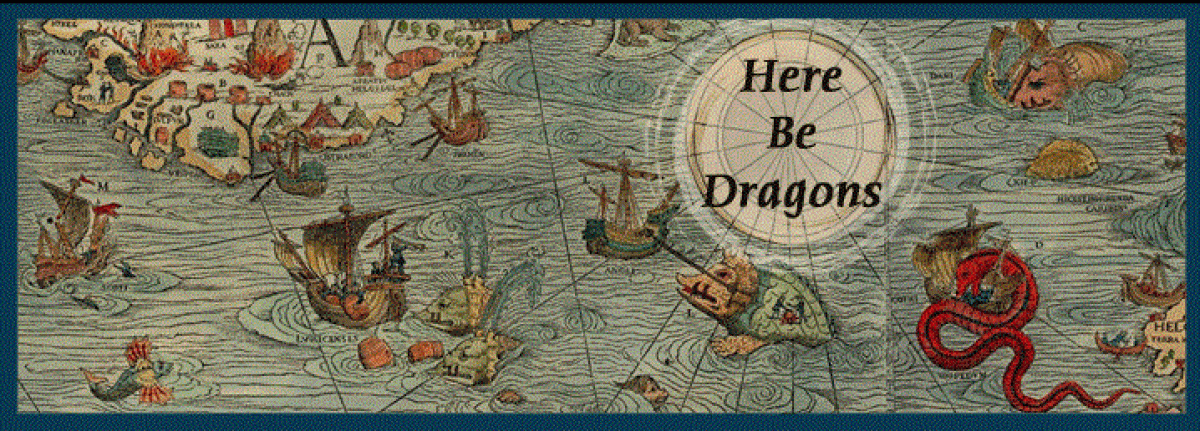I’ve always wondered why it’s considered bad luck to say “Macbeth” in a theater, or why production companies often refer to the play as, “that Scottish play”. Actors and directors will tell you the play is cursed; yet oddly this doesn’t stop them from producing it.
Why do we think the play is cursed? I’ve tried in vain to find the origin of this myth. My research led me to several stories that are purported to be examples of this curse, yet no one can say where theses stories originally come from. Even Harvard Professor Marjorie Garber, a well-respected Shakespeare scholar, adds to the myth without bothering to cite any sources. If she is to be taken at her word, the three witches use an actual spell in the opening scene. This supposedly has cursed the play right from the start.
And again if she is to be believed, the first young actor to play Lady Macbeth died during the play’s opening night. Apparently a real knife was used instead of a prop. The problem I have with this story is that there is no scene in which Lady Macbeth is faced with a knife. If you can’t trust a Harvard scholar, whom can you trust?
Another story has King James hating the play and this in turn upset Shakespeare so much that for the rest of his life he would only refer to the play as “that Scottish play”. We can only hold this to be true if we had a document that contained Shakespeare’s thoughts. So far we have none.
Each source I looked at mentions “they” or “it is been said”. Who are they and who said it?
There are also several mentions of disasters and deaths that occurred over the years during the plays many productions. It has been said, apparently by the mysterious “they,” that in the late 1800’s seven actors died in one week during a production. Who these actors were or how they died is unknown.
One theory for the play’s many mishaps is that during the 19th century it was not unusual to replace a poorly received play with Macbeth. Substituting Macbeth for another play did not allow much rehearsal time. The play involves a lot of sword fights and without proper time to rehearse, actors were routinely getting hurt during the fight scenes. Are we to assume from this that actors who had no idea how to use them wielded real swords? Did no one tell them not to use the pointy end?
We don’t need to be statisticians to understand that the likelihood of someone getting hurt goes up proportional to the amount of times a play is produced. Macbeth just happens to be a very popular play. It is no wonder there are reports of deaths and accidents. It would be odd not to have heard of any mishaps. But this does not explain the curse, as there have been a lot of reported mishaps during Hamlet, yet you don’t hear anyone calling it “that Danish play”.
But as much as all of the above sounds like urban legend, there is one well- documented account of something that went horribly wrong during a production of Macbeth. And of course, it had to happen in America. By night’s end there would be a mass riot and twenty people would lose their lives. All because of one American actor’s giant ego.

http://www.npg.si.edu/exh/brady/gallery/35gal.html
Edwin Forrest was the first great American born tragedian. By many accounts he was America’s first celebrated Shakespearean actor. Other accounts say he was hammy to be anything other than an American actor. In other words, the Royal Shakespeare Company wouldn’t have wanted him. But to Forrest, he was the only man in America who should have been playing all the great parts. So when in 1849, Charles Macready, a well-respected British actor, came to America to play Macbeth, Forrest was outraged.
Forrest had already made his feelings towards Macready known. While visiting Europe in 1846, Forrest was invited to see Macready play Hamlet. Forrest, for reasons unknown, hissed “in the most marked and offensive manner”, according to a letter Macready would write to a friend. This marked the beginning of a professional rivalry, though from all accounts it was very much one sided.
Macready was invited to play Macbeth in the new Astor Opera House. The Opera House was a showcase of New York culture and fine taste. Having a British actor play Shakespeare was just what the upper crust wanted. This may have been the catalyst for Forrest’s rage. Not to be outdone, Forrest decided to play Macbeth in a Broadway theater. This was not enough for Forrest, he convinced some of his fans to attend Macready’s performance in order to disrupt it. The ploy worked. A few scuffles between opposing fans caused the play to be stopped (and you thought sport fans were a nasty lot).
The press had a field day with this American vs. English rivalry and fanned the flames of resentment towards the English. When it was announced the play would resume in three days time, the stage (pardon the pun) was set for disaster. The curse of Macbeth would tragically play out.
The night of the play saw thousands of protesters surrounding the Opera House demanding the play be stopped. Demonstrators for both men added to the anger and resentment. By the time the play was finished there were those calling for Macready’s head. The New York State Militia was called out to calm the riot, while local police escorted Macready out and away from the building. Not able to calm the rioters by their mere presence, the militia fired upon the crowed killing 20 people and hurting several others. Sadly, none of the rioters would be killed. Those who died were bystanders or people who happened to be in the wrong place at the wrong time.
Macready fled America never to return. Forrest’s reputation was ruined and by 1852 he was a self-imposed hermit, spending the rest of his days in his Philadelphia mansion. I think we can all agree that if we want to lay the blame of the Scottish curse on anyone, Forrest deserves most of the credit.
Jennifer Lee Carrol, The Curse of the Scottish Play
Marjorie Garber Macbeth: The Male Medusa
James Shapiro, Shakespeare in America






You must be logged in to post a comment.